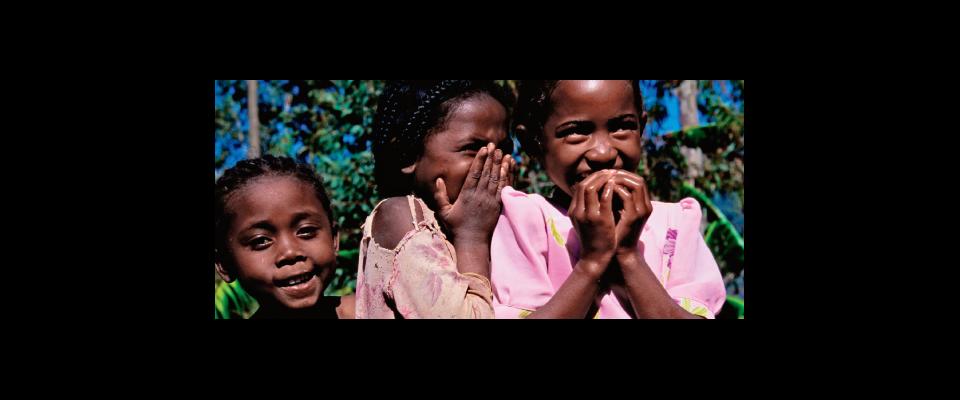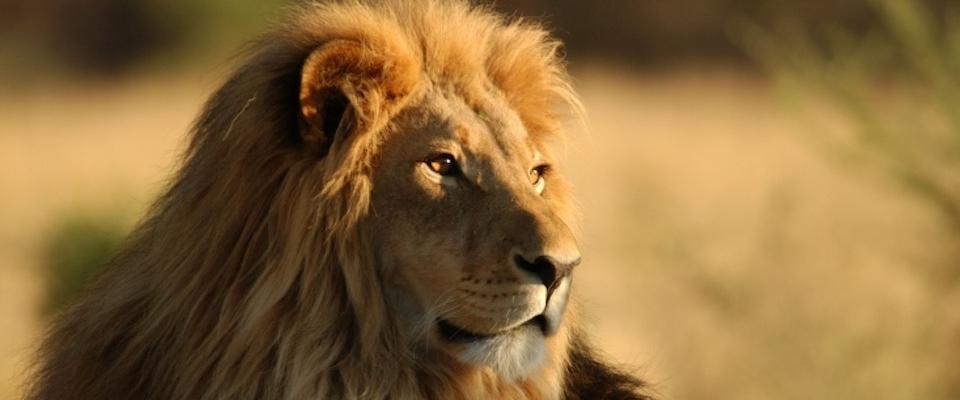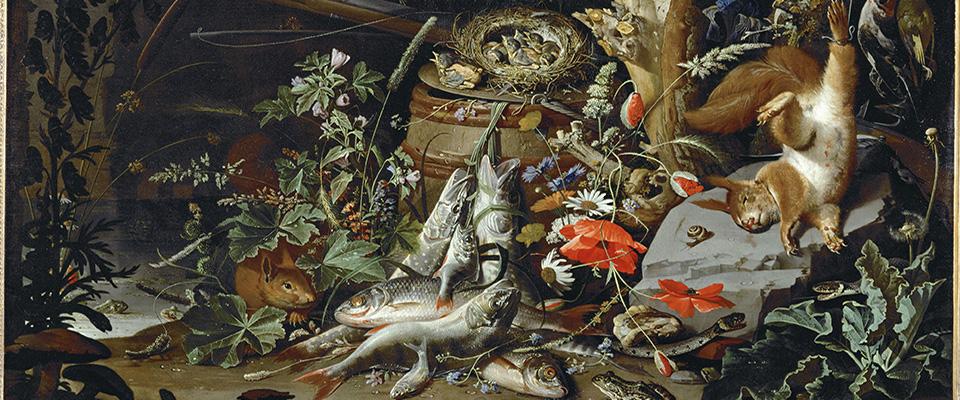Saving wild animals could put children at risk.
Gorilla heads on plates. Basketfuls of tangled lemur legs. These stark images have become emblematic of what some conservation groups consider an ecological nightmare: hunting wild (and often endangered) animals for food, a practice in many African countries and other developing nations.
Now Christopher Golden, MPH ’10, Ph.D. ’11, is asking you to reconsider your assumptions about the worldwide bushmeat trade and its impact on human health. In his most recent study, published in November, he found that children in impoverished Malagasy villages rely on bushmeat to stave off diseases such as anemia.
Golden has been looking at the sustainability of hunting wildlife in Madagascar for 12 years. But his fascination with the country began even earlier—when, at 9 years old, he came across a photograph of a ring-tailed lemur. (The lemur is the saucer-eyed icon of Madagascar, the world’s fourth largest island and the most biologically diverse.) For his most recent study, Golden and his team—including Berkeley ecologist Justin Brashares, nutrition specialist Lia Fernald, and conservation biologist Claire Kremen—wanted to hone in on the little-examined connection between human health and wildlife consumption. Golden’s research took place in a rural village on the border of the Makira Natural Park, a stretch of rainforest jointly managed by the Malagasy government and the Wildlife Conservation Society. Killing endangered mammals is illegal in the park and other species, such as bats, can be hunted only within a limited season.
Yet laws against poaching are notoriously under-enforced, Golden and his peers note in the study. Last year, a survey of more than 1,000 rural households in eastern Madagascar found that 95 percent of respondents had eaten at least one protected species; nearly 45 percent had eaten more than ten. The lack of enforcement has come into international spotlight: In 2009, the nonprofit Conservation International released a slew of graphic photos displaying charred lemur bodies, claiming them as evidence of a burgeoning commercial bushmeat market. The group’s president warned that the sifaka—a type of large leaping lemur—could soon go extinct as a result of the trade.
But characterizing the bushmeat trade as a commercial enterprise is misleading, Golden says, because it accounts for less than 5 percent of all animals killed in his study region. Instead, according to Golden, most Malagasy hunt wild animals because they have to. The majority in the Makira area live below the international poverty line of $1.25 per day. Bushmeat provides a free supply of protein—not to mention key micronutrients such as iron. Far from acting out of ignorance, Golden says, “people are making choices that are incredibly logical.”
To quantify bushmeat consumption, he observed 28 families eating dinner for a year, recording the spoonfuls of stew each family member took from a communal pot. He found that lower-income households relied more heavily on bushmeat than those who could afford to raise their own animals. Each month, Golden tracked hemoglobin levels in participants’ blood. Then he graphed what would happen if those households no longer had access to wild meat.
The numbers were harrowing. In children under 12, anemia—a serious micronutrient deficiency that can stunt development and brain function into adulthood—would increase by 29 percent. The risk of becoming anemic would triple among the poorest households. To eliminate anemia altogether, the study estimates each household would have to increase its bushmeat consumption to an average of 142 animals per year—approximately eight times sustainable hunting levels.
This was the first study to look deeply at the nutritional consequences of eating bushmeat. The conclusions were clear: Establishing a sustainable conservation policy would not be as simple as just enforcing the current laws. Future research would have to consider the impact of stricter enforcement on some of Madagascar’s most vulnerable populations.
Now, with a $1.5 million grant from the National Science Foundation, Golden and his team will compare the reasons why wildlife is hunted by inhabitants of other countries, including Kenya and Ghana. Golden hopes his work will ultimately lead to more sustainable economic and environmental policy for both people and animals. One of the team’s goals will be to make traditional agriculture a more viable option for rural Malagasy by eliminating Newcastle disease, which can wipe out entire flocks of chickens.
This semester, Golden is teaching a class at Harvard on global change and human health. But come July, it’s back to the bush.




















